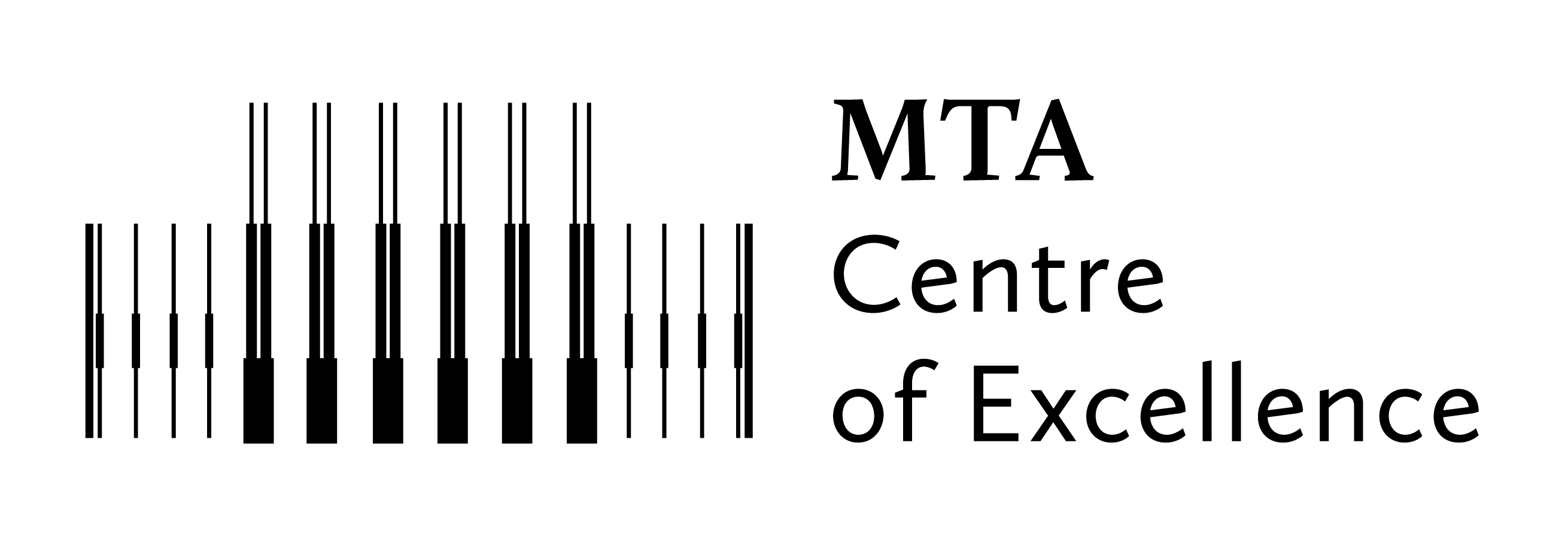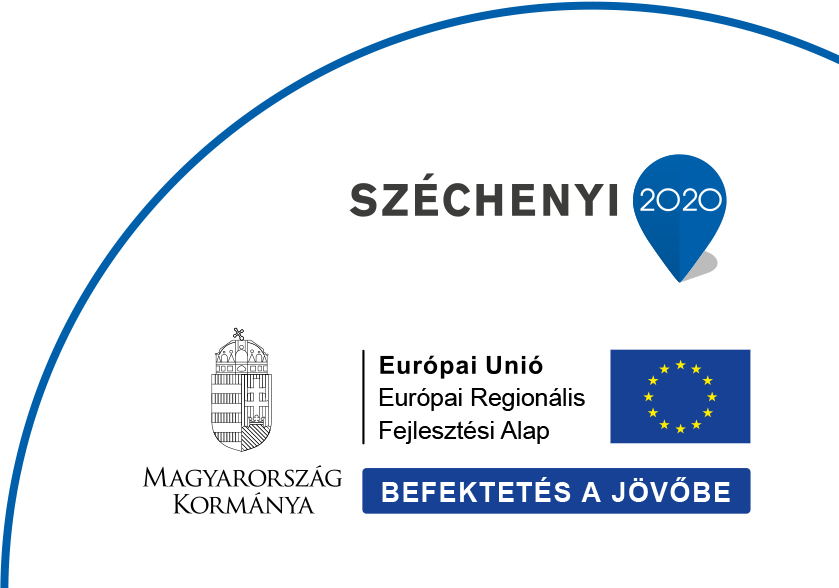Wigner Colloquia is a highlighted seminar series of the Wigner Research Centre for Physics. Invited speakers are the most excellent researchers from different areas of physics. The goal of the program is to give first-hand knowledge to our colleagues and the interested professional public from well-known scientists from all over the world.
More information: https://indico.wigner.hu/category/42
2024
Dmitry Budker (Helmholtz Intézet, Mainz professzora) -5 November video abot the speaker - more information
Miroslav Grmela (canadian physicist) - 1 Oktober video about the colloquium, more information
Jens Wiebe (senior researcher at the University of Hamburg) - 25 Juni video about the colloquium, more information
Gábor Csányi (Professor of Molecular Modelling at the University of Cambridge) - March 26 - video about the colloquium, more information
Andrew Goodwin (Professor of Materials Chemistry at the University of Oxford) - March 5 - video about the colloquium, more information
Alberto Di Meglio (Head of Innovation in the IT Department at CERN, Coordinator of the CERN Next Generation Triggers project) - February 13 - video about the colloquium, more information
2023
Gergely Zimányi (University of California, Davis) - October 3 - video about the colloquium, more information
Robert Feidenhans´l, the Managing Director of European XFEL, Schenefeld Germany - June 6 - video about the colloquium, more information
Prof. Matthias Wuttig (RWTH Aachen University of Technology, Germany) - Mars 7
2022
Prof. David A. Keen (University of Oxford) - December 6 - video about the colloquium, more information
JProf. Dr. Sören Schlichting (Universität Bielefeld) - November 15 - video about the colloquium, more information
Prof. Časlav Brukner (University of Vienna) - October 4 - video about the colloquium, more information
Prof. Mathieu Micoulaut (Sorbonne Université) - Mars 1 - presentation is available here
2021
Prof. Dr. Wolfgang P. Schleich (Institut für Quantenphysik, Center for Integrated Quantum Science and Technology, Universität Ulm)
Prof. Richard Dronskowski
2019
Prof. Wolfgang Kleemann (University of Duisburg, Germany)
Prof. Lee Miller
Prof. Matjaz Perc (University of Maribor, Slovenia)
Prof. Pawel Danielewicz (MSU)
Prof. Ivan Schuller (University of California San Diego)
2018
Xu-Guang Huang
Prof. Marko Robnik (CAMTP Maribor Slovenia)
Prof. Reinhard Alkofer (Univ. Graz)
Prof. Chi Keung Chan (Institute of Physics, Academia sinica, Taiwan)
Prof. Berndt Müller (Brookhaven National Lab / Duke University)
Prof. Chihiro Sasaki (Uni Wroclaw)
2017
Prof. Simon Ruijsenaars (University Leeds UK)
Prof. Stefan Thurner (Medical University Vienna)
Prof. Constantino Tsallis (CBPF Rio de Janeiro and Santa Fe Institute)
Prof. Joachim Krenn (Karl-Franzens-Universität Graz)
Prof. Hans-Jörg Kull (Inst. Theory of Stat.Phys. RWTH Aachen)
Prof. Vladimir Kekelidze (JINR Dubna)
Prof. Tetsuo Hatsuda (RIKEN Japan)
2016
Prof. Petra Rudolf
Prof. Gerard 't Hooft (University Utrecht)
Prof. Jonathan Selinger (Kent State University)
Prof. Gergely Zimányi (UCLA Davis)
Prof. Maciej Lewenstein
Prof. Gordon Baym (Urbana)
Prof. Alois Loidl (Uni Augsburg)
Prof. Jeroen van den Brink (IFW Dresden and TU Dresden)
Prof. Lars Andersson
2015
Prof. Joachim Burgdörfer (University of Vienna)
Dr. Konstantinos Makris (TU Wien)
Prof. Ludwig Dmitrievich Faddeev (Steklov Institute of Mathematics, Russian Academy of Science)
Prof. Johann Rafelski (University of Arizona)
Prof. Jacob David Bekenstein (The Hebrew University of Jerusalem)
Prof. Andrei Alekseevich Slavnov (Mathematical Institute, Russian Academy of Science)
Prof. Dezső Horváth (HAS Wigner RCP)
Prof. Kosmas Prassides
Prof. József Fortágh (CQ Center for Quantum Science University of Tübingen)



